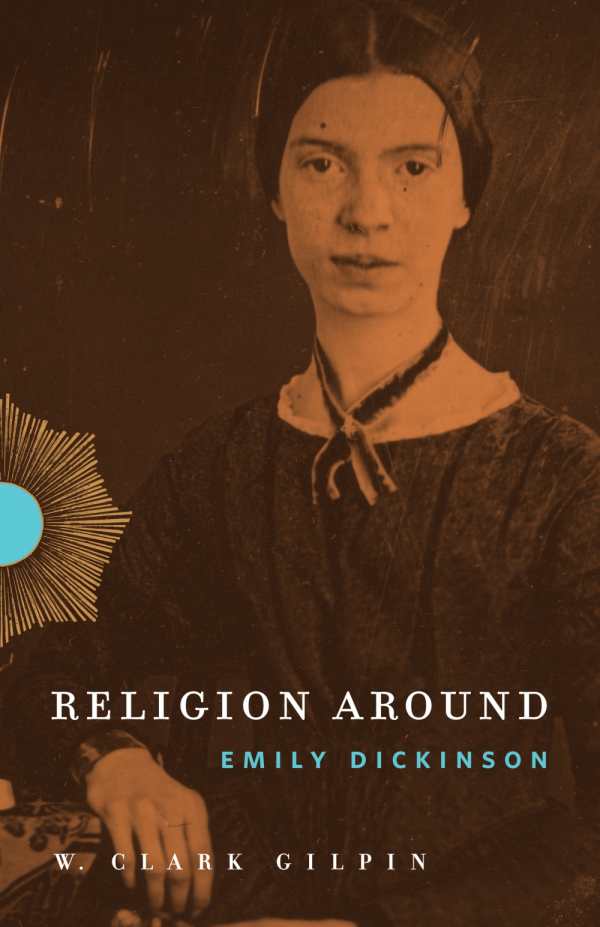Religion Around Emily Dickinson
Contextualizing Dickinson’s work, Gilpin reveals both a reverence for her poetry and a skill in exploring new meaning.
W. Clark Gilpin’s new take on the enigmatic giant of American poetry, Emily Dickinson, eruditely weaves literary criticism into an exploration of the religious landscape contemporary to the poetess, managing a gentle unmasking of the still elusive thinker.
Gilpin begins by acknowledging the mystique that surrounds the poet. Most conspicuous is the perception that she was a recluse and a misfit. In actuality, the professor argues, Dickinson was a product of her time. Her decisions were not contextually wild, and her separation from the world around around her was both exaggerated and neatly matched in the work of the theologians and thinkers of her day.
The magic of Gilpin’s work comes through its integration of other writers, preachers, and activists into criticism of Dickinson’s canon. Discussing her strategic retreat from society at large, which Gilpin concedes was a rather bold choice, the writer invokes other notorious theological departures: those of Emerson and Thoreau, who were predated by Jonathan Edwards, and that of Margaret Fuller.
Gilpin shows both that Dickinson’s work reflected continuity and engagement, and that it found new ways to interpret religious evolutions. Dickinson’s poetry is held up for its exploration of the effects of time, while others found meaning in the immediate, and for addressing what is raw in internal life, rather than simply what is transcendent.
Through Gilpin’s work, Dickinson is held up as a bold and vulnerable thinker, her poetry replete with searches for meaning—surrounding life, its fragility, and the nature of the soul. Gilpin highlights with delicacy and consideration the poet’s subtle departures from the religious contexts she drew from.
Gilpin’s work respects Dickinson’s legacy, even as it presents new avenues into her body of work. Much of her mystery is maintained, with chapters working towards contextualization over pure biography. Those intrigued by the poet should find much to whet their appetites in Gilpin’s fresh interpretations.
Reviewed by
Michelle Anne Schingler
Disclosure: This article is not an endorsement, but a review. The publisher of this book provided free copies of the book to have their book reviewed by a professional reviewer. No fee was paid by the publisher for this review. Foreword Reviews only recommends books that we love. Foreword Magazine, Inc. is disclosing this in accordance with the Federal Trade Commission’s 16 CFR, Part 255.

